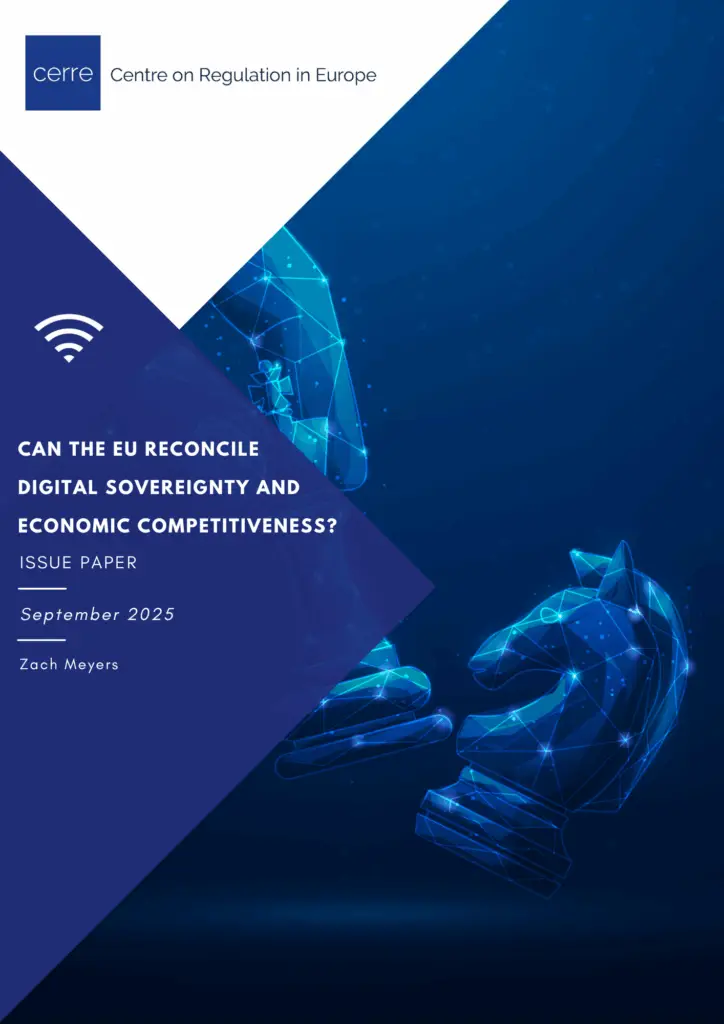As the CERRE Director of Research, Zach Meyers has a wide remit, including managing our cross-sectoral programmes and projects.
Previously the assistant director of the Centre on European Reform, Zach Meyers has a recognised expertise in economic regulation and network industries such as telecoms, energy, payments, financial services and airports. In addition to advising in the private sector, with more than ten years’ experience as a competition and regulatory lawyer, he has consulted to several governments, regulators and multilateral institutions on competition reforms in regulated sectors. He is also a regular contributor to media.
Zach holds a BA, LLB and a Master of Public & International Law from the University of Melbourne.
As the CERRE Director of Research, Zach Meyers has a wide remit, including managing our cross-sectoral programmes and projects.
Previously the assistant director of the Centre on European Reform, Zach Meyers has a recognised expertise in economic regulation and network industries such as telecoms, energy, payments, financial services and airports. In addition to advising in the private sector, with more than ten years’ experience as a competition and regulatory lawyer, he has consulted to several governments, regulators and multilateral institutions on competition reforms in regulated sectors. He is also a regular contributor to media.
Zach holds a BA, LLB and a Master of Public & International Law from the University of Melbourne.



